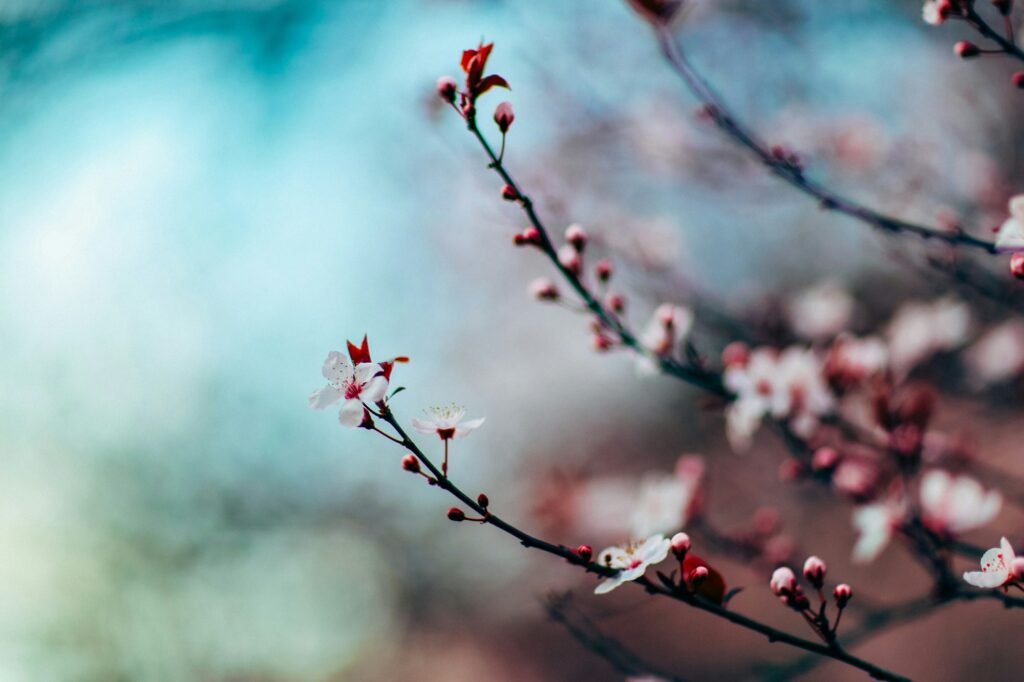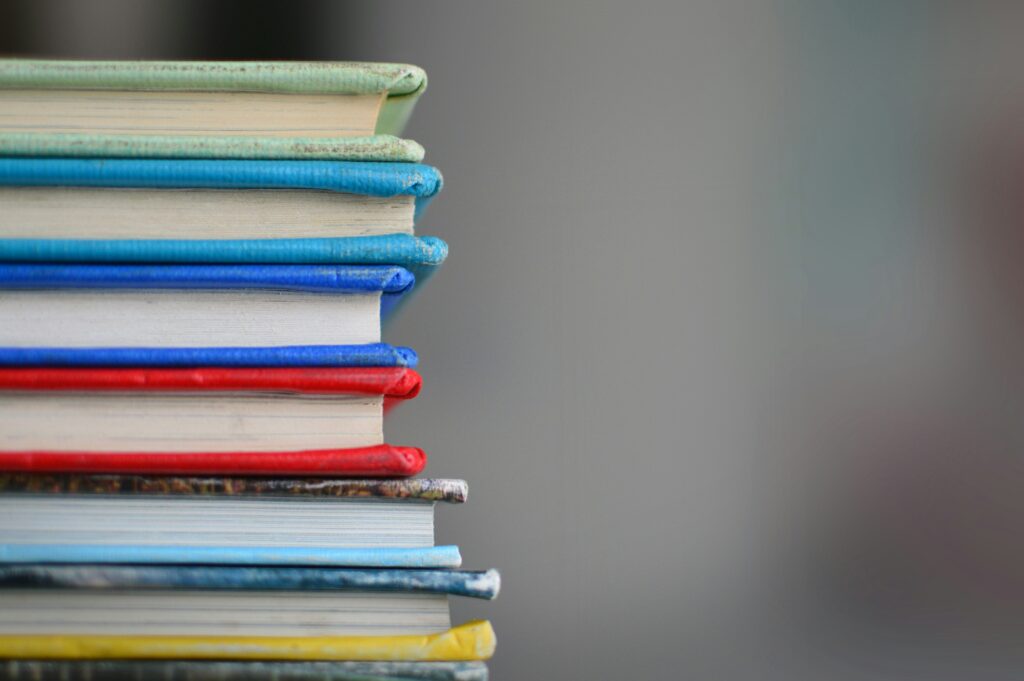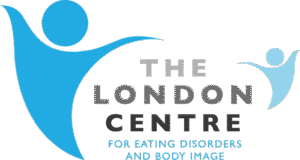Schema Therapy for eating disorders
A compassionate, in-depth therapeutic approach designed to address the emotional patterns and coping styles underlying eating disorders.
Schema Therapy EXPLAINED
What Is Schema Therapy ?
Schema Therapy is a psychological therapy that helps people understand long-standing emotional patterns that shape how they see themselves, relate to others, and cope with distress. These patterns — known as schemas — often develop early in life when core emotional needs were not fully met. In response, people learn ways of coping with painful feelings or situations that may have been protective at the time, but can continue into adulthood and contribute to ongoing difficulties, including eating disorders.
1.25M
people living with an eating disorder
Schema Therapy integrates elements of cognitive behavioural therapy (CBT), attachment theory, and experiential techniques, with a strong emphasis on a safe, supportive therapeutic relationship. Rather than focusing only on symptoms or behaviours, it helps uncover and gently transform the deeper emotional drivers beneath them.
46%
of Adults feel unhappy about their appearance

How Schema Therapy Supports Eating Disorder Recovery
Eating disorders rarely exist in isolation. They are often closely linked to emotional themes such as shame, fear of rejection, harsh self-criticism, or unrelenting standards. Over time, eating disorder behaviours can become ways of coping with overwhelming feelings, unmet needs, or painful beliefs about oneself.
Schema Therapy for eating disorders helps you make sense of these patterns with clarity and compassion. Together with your therapist, you will explore how specific schemas and coping styles developed, what triggers them, and how they continue to influence eating, body image, and self-worth.
This approach is particularly helpful if you:
- Feel stuck in familiar cycles despite previous treatment
- Experience intense self-criticism or perfectionism
- Notice strong emotional reactions that feel hard to regulate
- Sense that your difficulties are rooted in earlier life experiences
By addressing these underlying patterns, Schema Therapy supports deeper, more sustainable recovery — not just symptom management.

Benefits of Schema Therapy
Clients engaging in Schema Therapy often report:
How Schema Therapy Differs from Other Therapies
Unlike short-term or purely behaviour-focused therapies, Schema Therapy allows time and space to explore deeply held beliefs and emotional experiences. Sessions may involve experiential techniques such as imagery rescripting, chair work, and mode work, which help bring emotional patterns into awareness and create lasting change.
Schema Therapy can also work alongside structured treatments such as Dietetics or Occupational Therapy. In these cases, behavioural strategies support nutritional and behavioural change, while Schema Therapy addresses the emotional roots that often drive relapse. Many clients find this combined approach especially powerful.
What to Expect in a Schema Therapy Session
Schema Therapy sessions are collaborative, compassionate, and paced according to your comfort. You and your therapist may explore:
- Emotional themes and unmet needs
- Schema modes (such as the Vulnerable Child, Punitive Parent, or Detached Protector)
- Triggers that activate eating disorder behaviours
- New ways of responding with care rather than self-punishment
Over time, therapy focuses on strengthening a healthy, supportive internal voice, often referred to as the Healthy Adult mode, which helps you meet emotional needs in safer, more nourishing ways. The therapeutic relationship itself is central, offering a consistent, validating space for healing and growth.


How Schema Therapy Works
People often develop long-standing emotional patterns that influence how they think, feel, and behave – for example, deeply held beliefs such as “I am not good enough,” “I will be rejected,” or “I must be perfect to be acceptable.” These patterns are known as schemas, and they can give rise to intense emotions (such as shame, anxiety, or emptiness) and coping responses that may include avoidance, self-criticism, or eating disorder behaviours.
Schema Therapy helps people become aware of these patterns with compassion rather than judgment. Together with your therapist, you will:
Lasting Emotional Change
Therapy then focuses on developing healthier ways of responding, strengthening emotional regulation, meeting underlying needs in safer ways, and reducing reliance on unhelpful coping strategies. Over time, this process supports lasting emotional change, rather than just short-term symptom management.
Is Schema Therapy Right For Me?
Schema Therapy may be a good fit if you experience long-standing emotional patterns, relationship difficulties, or an internal critical voice that feels difficult to shift – particularly when these interact with an eating disorder. It can be especially helpful if previous therapies have offered insight or behavioural tools but have not fully addressed deeper emotional difficulties.
During your initial consultation, your clinician will explore your experiences, goals, and needs, and discuss whether Schema Therapy, another approach, or a combination of therapies is most appropriate. You will be supported to make an informed, confident decision about your care.

Start your journey
Take the First Step
Towards Recovery
Long-standing emotional patterns can feel difficult to change, but recovery is entirely possible with the right support. Schema Therapy offers a compassionate, evidence-based pathway for deeper healing and lasting change.


